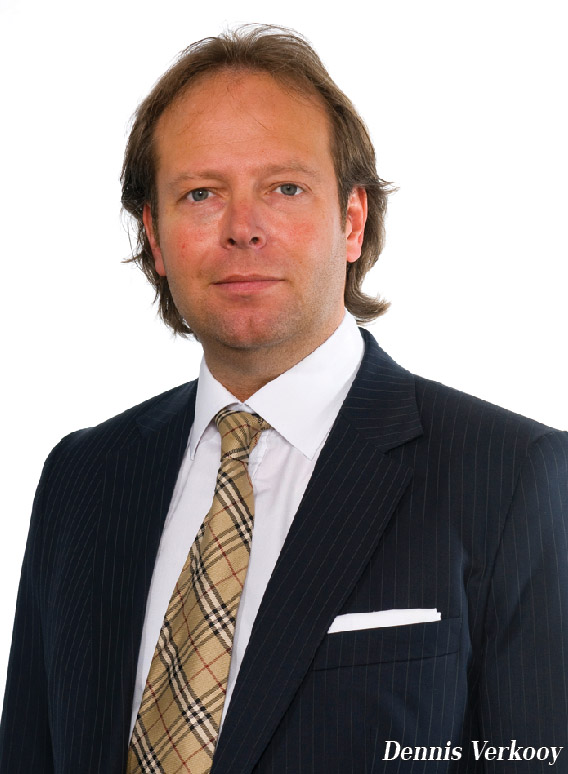After last year’s bold measures, Maersk Line reports improved reefer yield for less volume with greater focus on customers.
During his presentation at Cool Logistics Global in Rotterdam, Thomas Eskesen, Maersk Line’s Global Head of Reefers and Special Cargo, concluded that where the reefer business is concerned the operating margins were insufficient to warrant billion-dollar future investments in the sector. Reflecting on key points learned from their high profile Revenue Recovery restoration program announced a year earlier, he remarked that “For years, inflation and increasing bunker prices were not reflected in the reefer rates.”
Despite well-documented cost savings and organizational restructuring to cut costs from the system, we were still not achieving a profit anywhere near our capital costs.
Thomas Eskesen: “If we wanted to stay in this business and continue to invest in the high quality products demanded, we needed to do something different and ask customers to pay more.” Initially, this measure caused shock and disbelief, but eventually it led to customers paying increased rates, thus improving total reefer yield for less volume. As expected, Maersk has lost some market share and expects to end 2013 with a loss of 10 percent in volume.
Interestingly, in addition to the better reefer yield, there have been other favorable side-effects. “Our ability to deliver on our commitments and promises to customers has improved. Data shows, perhaps predictably, that Maersk Lines’ customer satisfaction scores improved steadily throughout 2013 after an initial nosedive in Q1. Maersk Line has kept its focus on long-term relationships with customers and is convinced that partnerships are the future value drivers. Thomas Eskesen: “The increased rates give us long term stability, which means long-term reliability for the customer.” Multiple year contracts are becoming an increasing trend as clients realize we need to have open books and a long-term approach to improving cold chain efficiencies and innovating together. This is simply not possible with short-term contracting. Due to its size and global reach, Maersk Line can also offer the customer flexibility in unforeseen situations. Thomas Eskesen: “The more unpredictable the business is, the more the customer will need a reliable, highly intensive service provider. The need for a Plan B is increasing in line with increasing climatic uncertainty.” Another reaction that Maersk Line received following the rate hike was: please don’t leave the reefer business. In closing, Thomas Eskesen confirmed Maersk Line’s firm commitment to the reefer business. “The APM/Maersk group has already invested billions in the reefer industry, be it on containers, vessels designed for reefer trade or landside terminal investments. We are not going to divest, but we had to send a clear signal to our customers that we need to get paid more for what we do.

